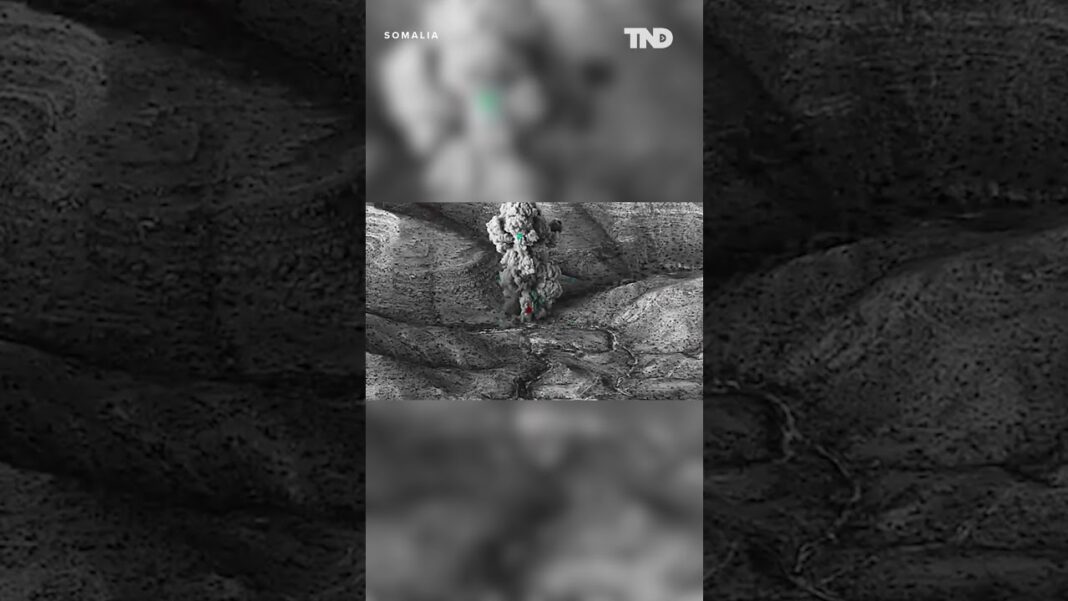Louisiana’s governor first got to know Noem when they were both in Congress. Years later, he played an unexpected role when she joined Trump’s Cabinet.
WASHINGTON—On the evening of Jan. 25, Louisiana Gov. Jeff Landry ended up in a memorable spot: in the home of Supreme Court Justice Clarence Thomas, standing before him and Kristi Noem.
As Landry held a bible that had belonged to Noem’s late father, Thomas swore her into her new federal role. Hours after the Senate confirmed her nomination, Noem was officially President Donald Trump’s Homeland Security Secretary.
How did all the pieces fall into place?
The tale begins in a New Year’s tragedy: Bourbon Street, the place where America goes to party, was targeted by a radical Islamic terrorist, U.S. Army veteran Shamsud-Din Jabbar.
Fourteen men and women were killed, and dozens more were injured when Jabbar drove his pickup truck through a crowd in the early morning hours of Jan. 1. Jabbar died in a subsequent shootout with police.
“The terrorist on Bourbon Street—he committed those acts while having an ISIS flag tied to the bumper of his truck,” Landry told The Epoch Times.
Landry noted that Jabbar was a homegrown terrorist, born in the United States.
“That is something that should frighten Americans,” he said.
The attack was conducted just weeks ahead of the upcoming Super Bowl, slated for Feb. 9 at Caesars Superdome in New Orleans. After the Bourbon Street tragedy, the Big Easy needed help from the Department of Homeland Security.
“That’s why we immediately began to push the Senate to confirm Governor Noem,” Landry said. He had gotten to know the future Cabinet member they were both serving in Congress and supported her nomination.
And New Orleans isn’t the governor’s only concern. Many of the president’s biggest pledges concern immigration and border security. Noem will play a key role in unwinding the previous administration’s policies and putting Trump’s vision into place.
“That was a whole other reason to try to get Governor Noem into that seat as quickly as possible,” Landry said.
By Nathan Worcester and Jan Jekielek






